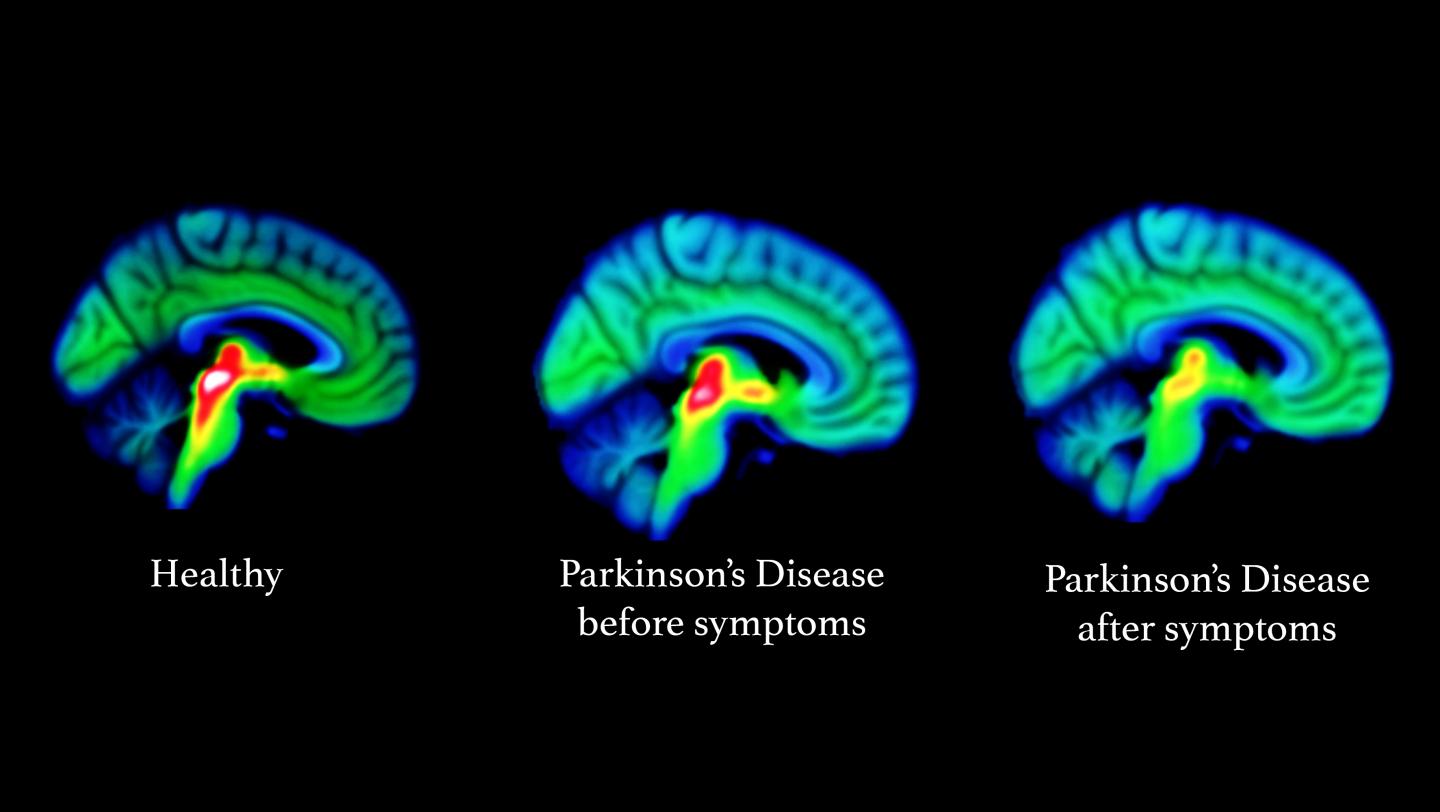The very name [Parkinson] makes you burst out in a cold sweat—something menacing and frightening about it, right?
So, what is Parkinson’s disease, and what makes it so terrifying?
Parkinson’s Disease is a Motor System Disorder. It is a disease of the nervous system that mostly affects older people, which begins around the age of 50. It is a progressive disease which, in most cases, will gradually get worse.
Symptoms of Parkinson’s?
*Restricted and slow movements
*Muscle stiffness all over the body and
*Tremors
Ayurvedic Insight of Parkinson’s Disease—
According to Ancient Ayurveda, Parkinson’s is caused by a Vata ailment that is chronic, with the symptoms becoming worse each day. The Ayurvedic texts describe Parkinson’s as Kampavata – where Kampa means tremor, and Vata means metabolic disorder. According to Ayurveda, Vata governs the body movement, and Parkinson’s is the cause of an imbalance of the Vata Dosha.
Treatment for Parkinson’s?
Some effective treatments can relieve the symptoms. Ancient Ayurveda has a more holistic approach, where it’s believed to cure the condition naturally. Ayurvedic approach is based on the fact that most of the problems arise due to imbalances in the ‘Tridosha’ [ Kapha, Vata, and Pitta].
Ayurvedic therapies help in controlling the symptoms to a great extent.
- Garlic, which is an excellent antioxidant, helps control oxidative damage to neurons. Garlic extracts are vital and beneficial in balancing the Vata components. Mix 5gm garlic paste, 5ml of gingelly oil, and a pinch of rock salt. Taken twice a day, this combination can effectively reduce symptoms of Parkinson’s Disease.
- Make a decoction with 20ml each of Tinospora Cordifolia, Zingiber officinale and Boerrhvia diffusa that can be combined with 10ml castor oil and taken twice a day. The disturbances of Vayu [Air] in the Colo-rectal region can be treated with moist laxatives such as Triphala and Psyllium.
- Mucuna Pruriens, when taken along with Neuroprotective herbs such as Ashwagandha and Haridra, can be used for treatment. 10gm of the Ayurvedic formulation made with “Ashwagandha and Mucuna Pruriens” must be taken with milk twice a day for a few weeks. Herbs, such as Brahmi and Jatamansi, can also be added to the formulation or used separately. They help in controlling secondary symptoms of the disease such as depression.
Controlling Diet in Parkinson’s
Patients should remember that they have to control their diet, to manage the disease better. Being healthy can help them cope with the disease and reduce the symptoms. Therefore—
*Include more fibre in your daily diet. Some of the foods with high fibre include peas and beans, whole grain bread, vegetables, cereals, rice, and fresh fruits.
*Say no to foods–that are high in cholesterol or saturated fat.
*Reduce the quantity of milk, curds, sugar and salt.
*Drink lots of water – at least eight glasses every day.
*Avoid alcohol totally, as it might interfere with the medications.
With all this said, we now need an expert to guide us through the process of treatment and care. At Madras Institute of Ayurveda, the centre for ayurvedic treatment in Chennai, quality care range from Panchakarma treatment to rejuvenation treatment. The facility provides a whole range of holistic ayurvedic therapies with the highest standards and finest traditions dating back to Vedic times. So, come and take full advantage of our offers or log on to our website at www.miayurveda.org for further information.


